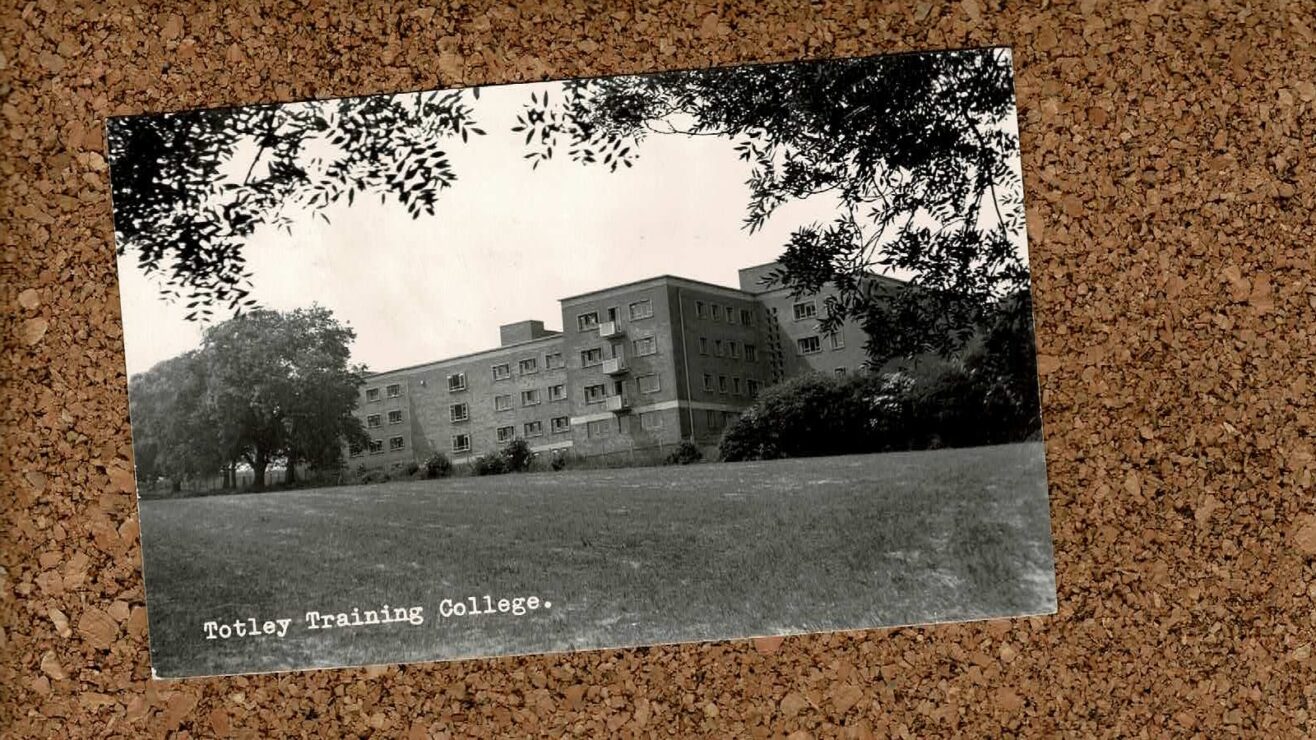In an era where higher education emphasises retention, progression, and student success, there remains a striking omission in policy and practice: how best to support students who are struggling to meet their course requirements.
We talk confidently about inclusion, engagement and student voice but for students required to resit exams, the reality is often isolation, confusion, and a lack of meaningful academic contact. This is not just a pastoral concern, it’s strategic failure.
The hidden cost of resits
Every summer, thousands of students across the UK undertake resit assessments. Failing to pass second time around can delay progression or, in some cases, threaten continuation. To provide a sense of scale, it has been estimated that somewhere between five and 25 per cent of students need to resit at least one assessment during their degree – this could be around 90,000 or more.
In many institutions, including my own at the University of Manchester, the resit period overlaps with a time when many academic staff are away or busy with other things. It is at a time (for us, in late August) when there are no structured teaching activities, and likely minimal tailored guidance. These students are often left navigating complex academic demands while juggling paid work, accommodation issues, and other commitments with little support beyond generic study tips. It’s a recipe for disengagement.
Resits are rarely discussed in pedagogic terms, and almost never in policy conversations. This topic remains under-explored, under-theorised, and under-supported. Yet, resits are pivotal moments in students’ lives, with a clear link to continuation and completion. So why do we treat them as an afterthought?
What students told us
To better understand the support gaps, we ran a student-partnered inquiry at the University of Manchester, focusing on students’ experiences of resits. We set out to work with students to understand how they experience resits and what support might help them succeed the second time around.
Using thematic analysis, we drew out three main themes from our discussions. Our findings weren’t surprising, but they were striking. Students reported a lack of academic contact during the summer period with, students feeling “out of touch and isolated” during the summer. Students struggled with concerns about how to improve their knowledge and they felt unclear on what doing better looked like. And critically, they lacked confidence in their own ability to succeed.
Importantly, students weren’t necessarily asking for more support, but they were asking for the right support. Generic toolkits and peer mentoring were rated as the least useful support strategies. Instead, what they valued was targeted feedback, clarity about expectations, and a sense of continued connection to their course and teaching team.
What needs to change
If institutions are serious about retention and inclusive education, they need to take resits seriously and students undertaking resits need specific pedagogic support. This means embedding revision and review into regular teaching, providing personalised feedback that explicitly supports second attempts, and recognising the resit period as a time where academic confidence is likely to be low and meaningful academic contact can make or break motivation and self-efficacy.
Our findings suggest that students facing resits are not a homogenous group. They are individuals each navigating their own set of academic, emotional, and logistical challenges. Critically, the strategies they value most are those that give them insight into their own performance and actionable ways to improve.
More broadly, we need to challenge the idea that resits are just a student problem. Whether a resit is seen as a hurdle, a second chance, or a psychological burden has implications for how we structure and support our students. Resits are an organisational issue where institutional priorities, academic calendars, and staffing models collide to create patchy and inconsistent support.
Resits should not be a footnote in our academic policies. They are a critical part of the learning journey for many students, and we need to consider examining both University led and individual led strategies of support. We need to also talk to students who don’t pass their resits. What support was missing? Were the barriers academic, personal, or structural? And crucially what interventions might have made a difference.
We need sector-wide conversations about what effective resit support looks like, how it is resourced, and who is responsible. Research on this is scarce, but growing (you can read more about our student-partnered inquiry in our recently published Advance HE case study).
Taking resits seriously is not about lowering standards. It’s about recognising that failure when properly supported may even serve as a pedagogical “leg up” for learning. However, when left unsupported, it risks becoming the moment students fall through the cracks.













